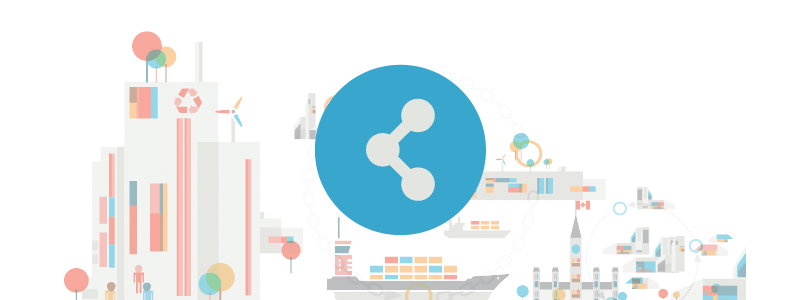 Swedish retailer IKEA is the founding member of the Better Cotton Initiative (BCI). The BCI is a multi-stakeholder organization committed to reducing the environmental impacts of cotton production, improving the livelihoods of individuals in cotton producing areas, and creating a demand for sustainability produced cotton. The goal of the BCI is to transform mainstream cotton production and support all cotton supply chain actors, from producers to retailers.
Swedish retailer IKEA is the founding member of the Better Cotton Initiative (BCI). The BCI is a multi-stakeholder organization committed to reducing the environmental impacts of cotton production, improving the livelihoods of individuals in cotton producing areas, and creating a demand for sustainability produced cotton. The goal of the BCI is to transform mainstream cotton production and support all cotton supply chain actors, from producers to retailers.
Multi-stakeholder partners include cotton producers, retailers and brands, suppliers and manufacturers (ginners, traders, spinners, mills, cut and sew, and financial institutions), and social and environmental civil society organizations such as WWF and International Labour Rights Forum. The program has provided training on sustainable cotton farming practices to over 100,000 farmers in India, Pakistan, China and Turkey. The BCI estimates that the cotton farming techniques it teaches can use 50 percent less water and pesticides than traditional practices.
The program also involves NGOs, such as UNICEF, to ensure that funding is in place for programs that encourage children to attend school rather than working on cotton farms. These supporting programs are important because one of the BCI criteria is the elimination of child labour from the cotton supply chain. The BCI’s membership base includes some of the leading cotton consuming corporations from around the world including Nike, H&M, Wal-Mart and Levi Strauss.
In addition to supporting the BCI, individual companies can set their own targets. For example, IKEA has committed itself to using 100 percent BCI sustainable cotton by 2015.

Multi-Stakeholder Collaboration
Lead and participate in multi-stakeholder collaborations to address and overcome systemic barriers and challenges.
